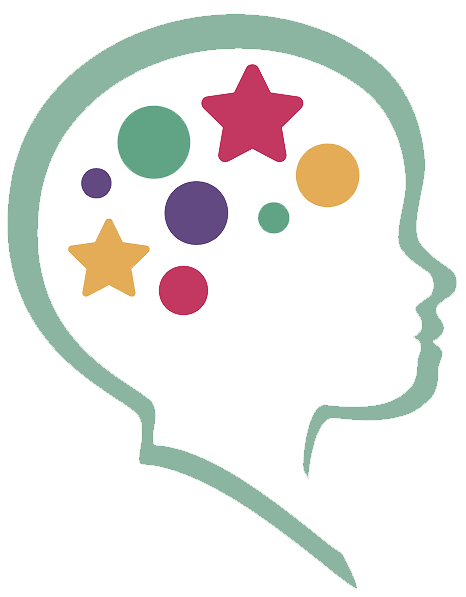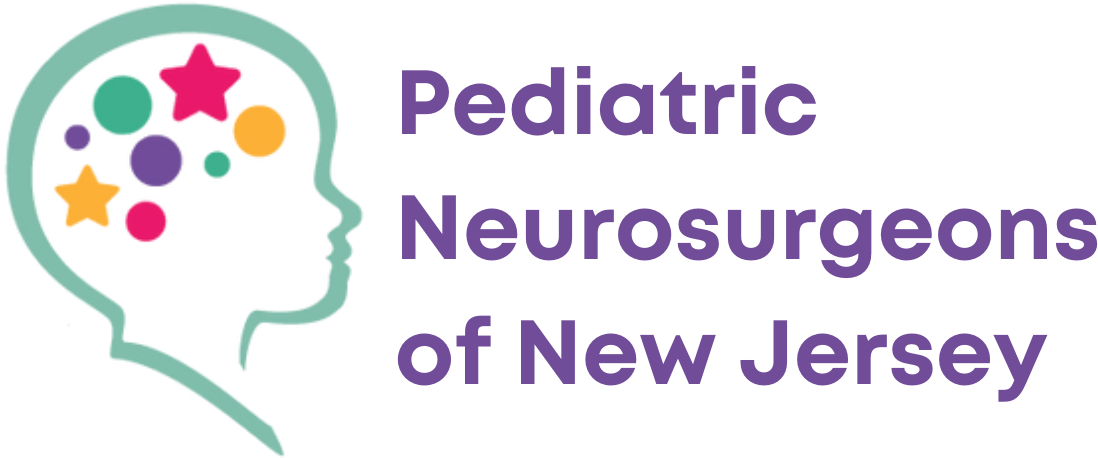Pediatric brain tumors and cysts are abnormalities that arise in the brain and central nervous system, ranging from benign cysts to malignant tumors. Dr. Tim Vogel, a distinguished board-certified pediatric neurosurgeon, leads the way in providing expert treatment and support for children facing these challenging diagnoses. He ensures that young patients receive the best possible treatment and their families feel supported through this challenging period. As a surgeon-scientist and the lead neuro-oncology neurosurgeon at Joseph M Sanzari Children’s Hospital, Dr. Vogel has extensive experience in the complex surgical techniques and innovative research to treat pediatric brain tumors in Bergen County.
The Anatomy
The pediatric brain is a complex structure responsible for regulating every aspect of a child’s physical and cognitive development. It comprises various regions that control motor function, sensory perception, language, and emotion. This intricate network of neurons and supporting structures is susceptible to the development of tumors and cysts, which can arise in different areas of the brain, such as the brainstem, cerebellum, or cerebral hemispheres.
The location, size, and type of the abnormality can significantly influence the child’s symptoms and overall prognosis. Furthermore, the formation of fluid-filled sacs (cysts) in the brain tissue can also pose challenges. While some cysts remain asymptomatic, others can exert pressure on surrounding brain tissue, causing neurological deficits. A thorough diagnosis is essential to identify the precise location, size, and type of the abnormality and curate a treatment plan.

The Prevalence
Pediatric brain tumors in Bergen County and cysts are relatively rare. Brain tumors are the most common solid tumors in pediatric patients, with an estimated incidence of about 3,000 new cases annually in the United States. The prevalence of pediatric cysts varies, with some being congenital and others acquired. Thanks to advances in medical science, over 50% of children diagnosed with brain tumors are cured. However, early diagnosis and expert management are essential.
The Symptoms:
- Frequent or severe headaches, often worsening in the morning.
- Unexplained vomiting, particularly in the absence of other gastrointestinal symptoms.
- Blurred vision, double vision, or loss of peripheral vision.
- New-onset seizures or changes in the pattern of existing seizures.
- Difficulty with balance and coordination, unsteady gait.
- Sudden behavioral changes, irritability, or personality changes.
- Decline in cognitive abilities, memory problems, or confusion.
- Muscle weakness, especially on one side of the body.
- Persistent nausea, fatigue, and lethargy.
- Early onset of puberty or other hormonal abnormalities.
These symptoms can vary depending on the location and size of the tumor or cyst and may develop gradually or suddenly. If you observe any of these signs in your child, please contact us promptly — we offer same-day and next-day appointments — for a thorough evaluation and diagnosis. Early diagnosis and intervention of brain tumors in Bergen County are key to a positive prognosis.
Common Brain and Spine Tumor Types
Brain and spine tumors encompass a broad spectrum of over 120 different types, varying based on their location and cell origin. Some common brain tumors include Medulloblastoma, which mainly affects children; Gliomas, accounting for 30% of all tumors and subdivided into Astrocytoma, Brainstem Glioma, and Optic Glioma; Ependymoma, occurring in the brain and spinal cord; and tumors related to Neurofibromatosis. Craniopharyngioma, a benign tumor near the pituitary gland, and Pineal Region Tumors are also notable. In the realm of spinal tumors, they are categorized based on location: Intramedullary (Astrocytomas, ependymomas, and lipomas), Intradural-Extramedullary (meningiomas, schwannomas, neurofibromas, and filum terminale ependymomas), and Extradural (attributed to metastatic cancer or schwannomas). Metastases from cancers like lung, breast, prostate, lymphoma, melanoma, and sarcoma often affect the spine. The type and location of these tumors determine the treatment and surgical approach.
Risk Factors for Pediatric Brain Tumors and Cysts:
- Family history of brain tumors or certain genetic syndromes.
- Prenatal exposure to ionizing radiation or radiation therapy during childhood.
- Genetic syndromes like neurofibromatosis and Li-Fraumeni syndrome.
- Weakened immune system due to certain medical conditions or treatments.
- Exposure to certain environmental toxins or chemicals.
- Children with a history of previous cancer or certain medical conditions can increase risk of pediatric brain tumors in Bergen County.
The Conditions Treated:
- Medulloblastoma: A highly malignant tumor that typically originates in the cerebellum.
- Astrocytoma: Tumors that arise from astrocyte cells in the central nervous system.
- Ependymoma: Tumors that develop from ependymal cells lining the brain’s ventricles.
- Glioma: A broad category of brain tumors, including glioblastoma multiforme (GBM).
- Craniopharyngioma: Tumors that develop near the pituitary gland and hypothalamus.
- Brainstem Glioma: Tumors that form in the brainstem.
- Choroid Plexus Tumor: Tumors originating in the choroid plexus.
- Arachnoid Cysts: Fluid-filled sacs between the arachnoid membrane and pia mater.
- Colloid Cysts: Cysts typically found in the third ventricle of the brain.
- Epidermoid Cysts: Cysts originating from the cells trapped during embryonic development.
- Dermoid Cysts: Cysts containing skin, hair, and other tissues.
- Pineal Cysts: Cysts occurring in the pineal gland, often benign.
- Others: Juvenile pilocytic astrocytoma, astrocytoma, glioma, ganglioglioma, dysembryoplastic neuroepithelial tumor (DNET), ependymoma, epidermoid, dermoid, craniopharyngioma, germ cell tumor, germinoma, hemangioblastoma, hemangiopericytoma, glioblastoma, oligodendroglioma, meningioma, pineal region tumors, skull-base tumors, pituitary adenoma, cavernous sinus tumors, pituitary tumors, brain metastasis, colloid cyst of the third ventricle, arachnoid cyst, pineal cyst, cushing disease
Each type of cyst or brain tumor in Bergen County can present distinct symptoms and requires tailored approaches for treatment. Dr. Vogel and our multidisciplinary team will administer imaging tests and studies to identify the abnormality and curate a treatment plan.
The Diagnosis
Diagnosing pediatric brain tumors and cysts involves a comprehensive evaluation by pediatric neurosurgeons and a multidisciplinary team. It typically begins with a thorough medical history, physical examination, and advanced imaging such as MRI and CT scans to precisely locate and characterize the abnormalities. In some cases, genetic testing may be recommended. Early and accurate diagnosis is critical to ensuring timely intervention.
The Treatment
The treatment of pediatric brain tumors and cysts often involves a combination of surgery, radiation therapy, chemotherapy, and targeted therapies. The specific treatment plan depends on factors like the type, location, and size of the tumor or cyst. Dr. Vogel and our team at Pediatric Neurosurgeons of New Jersey are dedicated to providing compassionate, family-centered care, ensuring that each child receives the best possible treatment and support.

Schedule Your Consultation
Dr. Tim Vogel is a renowned pediatric neurosurgeon with an exceptional track record of expertise and compassionate care. As a leader in the field, he brings decades of experience and a commitment to improving the lives of pediatric patients. If you’re seeking specialized care for your child facing neurological challenges like brain cysts or pediatric brain tumors in Bergen County, we encourage you to schedule a consultation with Dr. Vogel. Contact us to arrange your consultation today.

